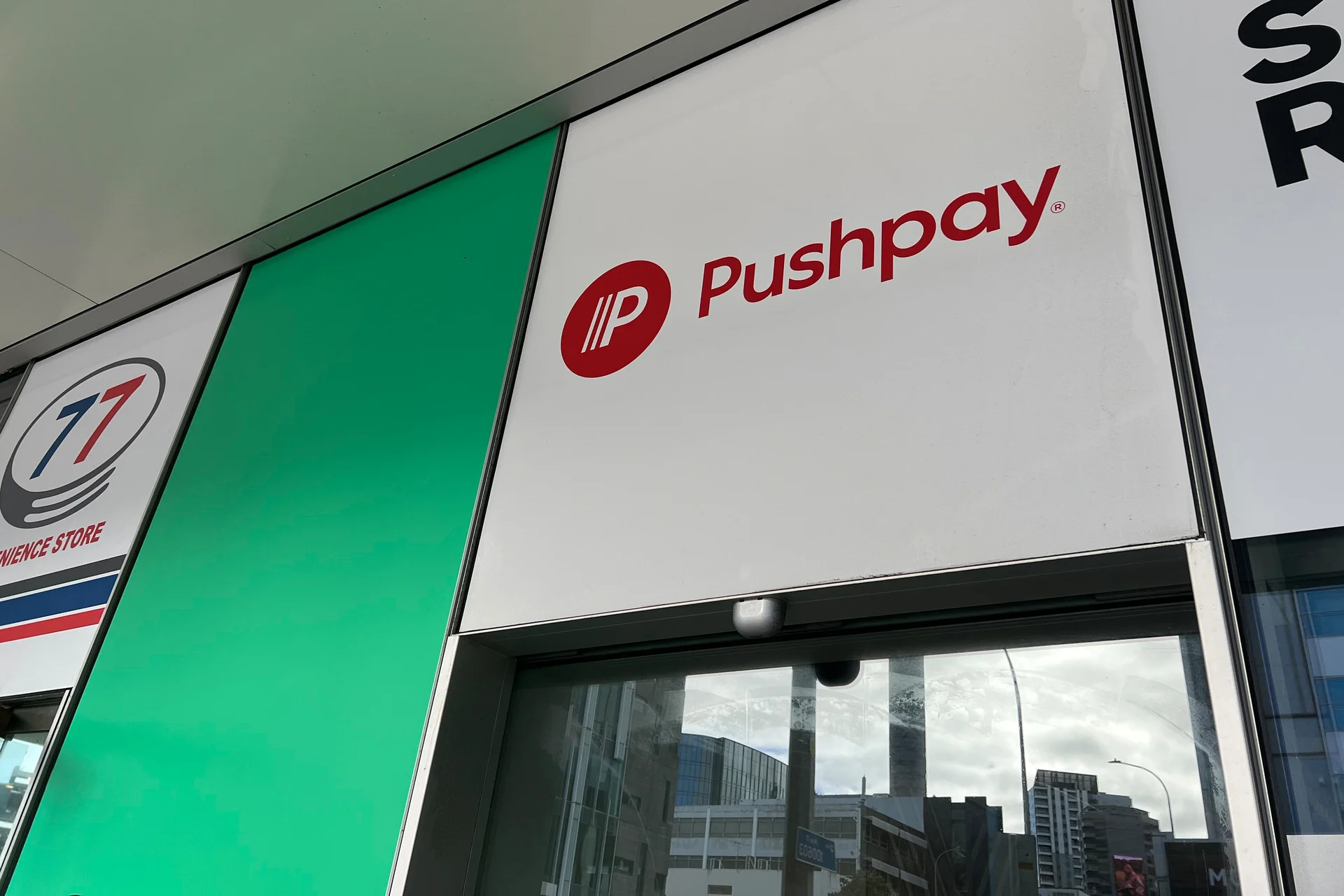Are actively managed KiwiSaver funds better than passive? A different perspective
On October 28, 2022, Sixth Street Management and BGH Capital agreed to purchase the remaining 79.7% stake in Pushpay Holding Limited from existing shareholders for approximately $1.5 billion. However, on February 22, 2023, ACC, ANZ, Amova Asset Management, and Fisher Funds, which held around 12% of Pushpay Holding Limited, voted against the offer, claiming that the price was too low.
These managers conducted in-depth analysis and research on the company to understand its actual value and potential for growth. Active managers use various methods, such as fundamental analysis, technical analysis, and market trends, to make informed investment decisions. This allowed the active managers to have an opinion on what the fair market value of Pushpay share was.
In contrast, passive management funds typically do not conduct in-depth analysis or research on individual companies. For example, in New Zealand, some popular passive KiwiSaver funds include Simplicity, Kernel Wealth, and SmartShares. These funds aim to track the performance of various indices, such as the S&P500 or NZX 50, by investing in a diversified portfolio of stocks that are weighted based on their market capitalization. As passive management funds, they aim to provide investors with exposure to the broad New Zealand stock market at a low cost, with expense ratios typically lower than active management funds.
What happened next?
On March 16, 2023, Pushpay and all other shareholders agreed on a new $1.42 per share offer from the company’s two biggest shareholders, up 6% from the previous offer of $1.34 per share. The company stated that the new offer represented a premium of nearly 38% over Pushpay’s share price of $1.03 on April 22, 2022, when the company announced that it had received an expression of interest.
According to proponents of active management, this buyout process highlights the important role of active management funds in the market. Active managers have the potential to generate higher returns than passive managers through their investment expertise and in-depth research. If the active management funds had not been involved in the buyout process, Pushpay and all other shareholders would have received less value for their existing shares.
Does this make actively managed KiwiSaver funds better than passive KiwiSaver funds for individual investors. It depends on the your world view. If you believe that by virtue of their research active managers are effectively policing the investment world to ensure value for the universe of shareholders; and that results in you getting a better deal – then yes.
However, if you believe you will still get the benefits of the ‘active policing’ while letting the investors in actively managed funds pay for it, and are OK with that, then passive could be for you.

